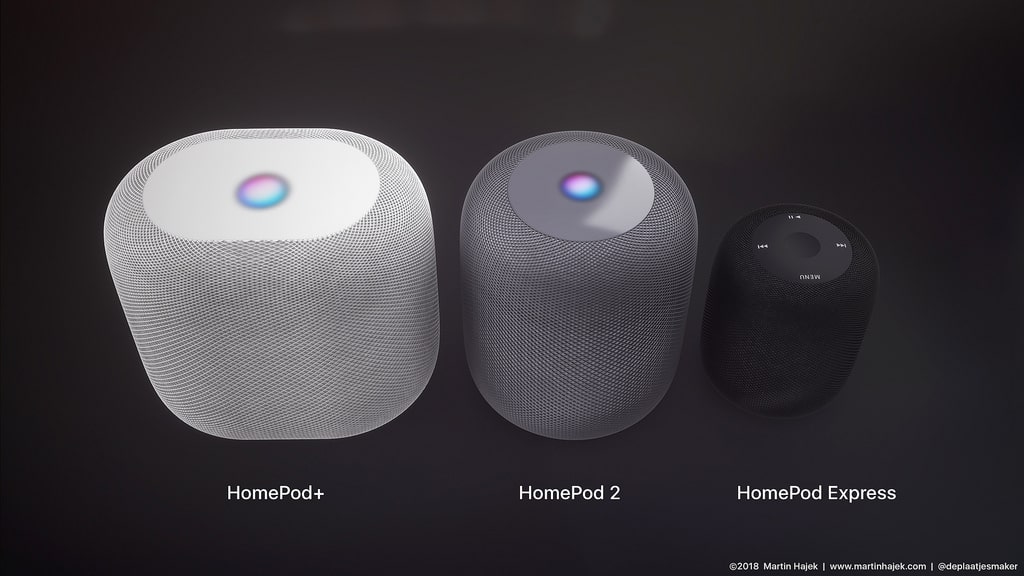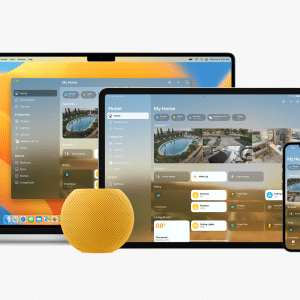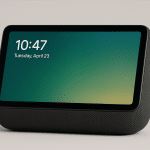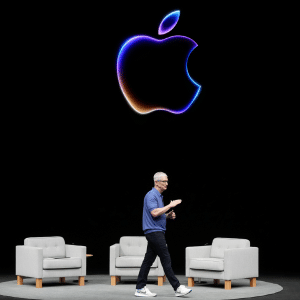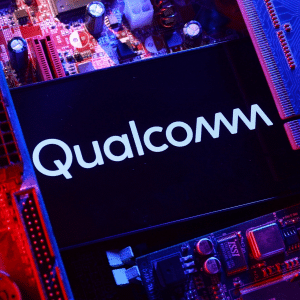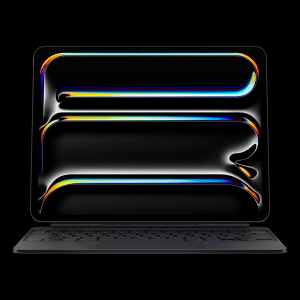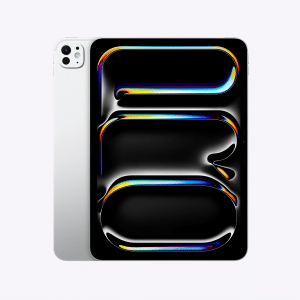At the core of Apple’s smart home strategy is HomeKit, the framework that allows Apple devices to control a wide variety of third-party smart home products. Launched in 2014, HomeKit is Apple’s answer to the need for a unified, secure platform where users can manage their smart devices with ease. By integrating seamlessly with iPhones, iPads, Apple Watches, and Macs, HomeKit allows users to control lighting, security systems, thermostats, and more, all from a centralized interface.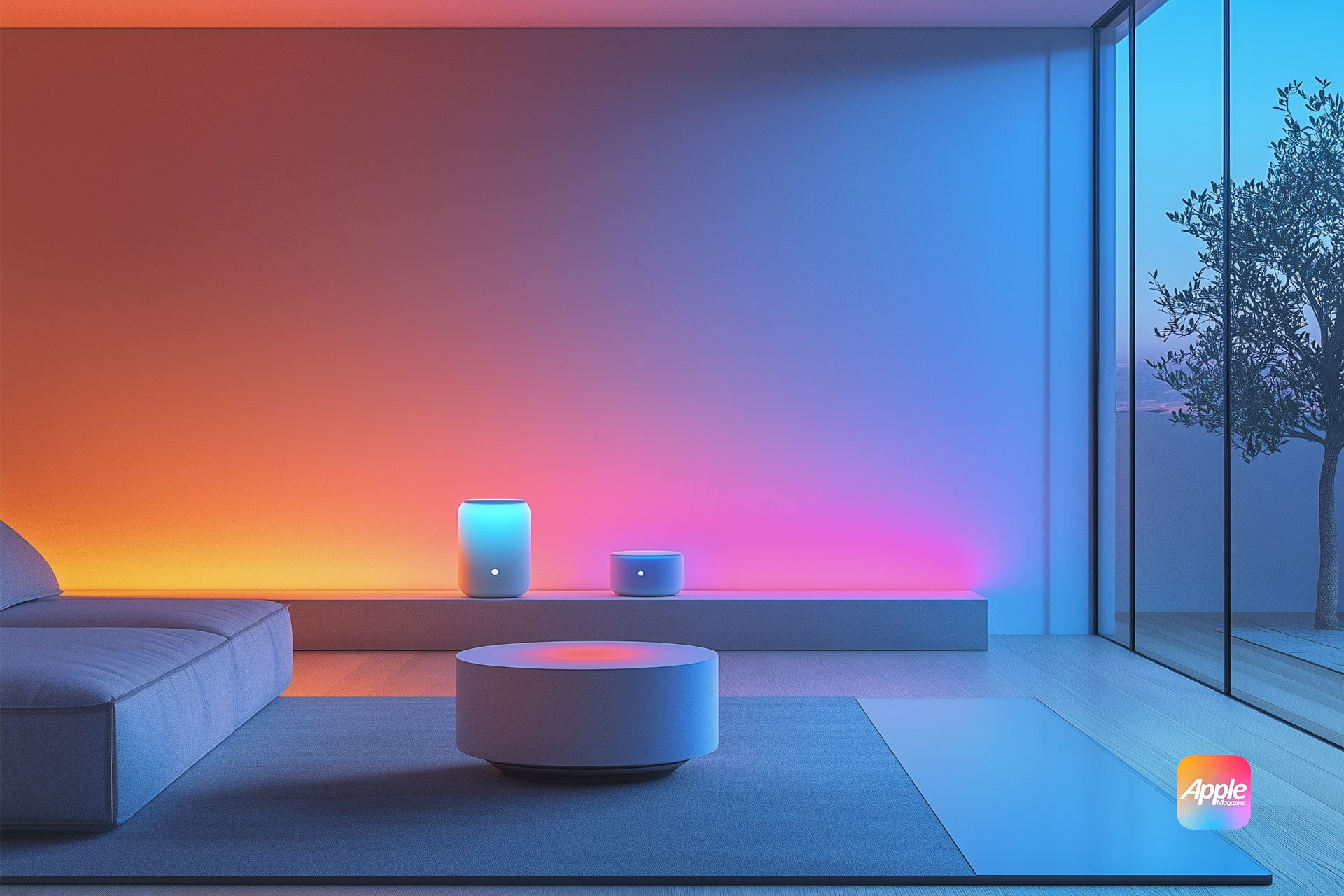
What HomeKit Brings to the Smart Home Experience
HomeKit’s appeal lies in its simplicity and user-friendly interface. Through the Apple Home app, users can manage their entire smart home network, customize settings, and create automation routines. This integration extends beyond the app—HomeKit devices can be controlled through Siri voice commands, making it possible to adjust settings with just a few words.
Security is also a priority in HomeKit, as Apple incorporates advanced encryption to protect user data. For users concerned about privacy, Apple’s commitment to end-to-end encryption ensures that their smart home data remains secure from unauthorized access.
Key Apple Smart Home Products
Apple’s lineup of smart home devices has expanded in recent years, offering users a variety of tools to enhance their connected living experience. Here are some key products that illustrate Apple’s vision for a smarter home.
1. HomePod and HomePod Mini
The HomePod and HomePod Mini serve as the central hubs for Apple smart home products. These smart speakers not only deliver high-quality audio but also act as control centers for HomeKit-enabled devices. With Siri voice activation, HomePod devices allow users to control smart home devices hands-free, enabling convenient interaction with other connected products.
HomePod’s built-in sensors allow it to adjust sound based on its surroundings, providing an immersive listening experience. For users who prioritize audio quality, the HomePod and HomePod Mini are ideal options that combine functionality with superior sound.
2. Apple TV as a Smart Home Hub
Apple TV isn’t just a streaming device—it also functions as a smart home hub, allowing users to manage HomeKit devices even when they’re away from home. With Apple TV, users can create automation routines, such as turning on the lights and adjusting the thermostat before they arrive home. This remote access feature makes it easier for users to maintain control over their smart home network from any location.
Additionally, Apple TV’s integration with HomeKit Secure Video allows users to monitor security cameras through their Apple TV, making it a valuable addition to any smart home setup focused on security.
3. Smart Locks and Security with HomeKit Compatibility
HomeKit compatibility extends to a variety of third-party security products, including smart locks and cameras. Apple’s commitment to security is evident in its support for HomeKit Secure Video, which ensures that footage from compatible cameras is encrypted and stored in iCloud. This feature provides added peace of mind for users, as video data is only accessible to those who have been granted permission.
Smart locks, such as those by August and Yale, integrate seamlessly with HomeKit, allowing users to control access to their homes remotely. These smart locks are particularly useful for those who wish to automate security routines or grant temporary access to visitors without compromising safety.
Transforming Daily Life with Apple Smart Home Automations
One of the most compelling features of Apple smart home products is their ability to automate routines, making daily life more efficient and enjoyable. HomeKit automation is designed to simplify common tasks, saving users time and adding convenience to everyday activities.
Imagine waking up to a home that’s already prepared for your day. With Apple smart home products, users can create a personalized morning routine that gradually turns on the lights, adjusts the thermostat, and starts a playlist on the HomePod. By automating these settings, Apple enhances the morning experience, allowing users to focus on starting their day without having to adjust multiple devices.
Smart home automation can also play a significant role in energy conservation. With HomeKit, users can set devices like thermostats and lights to turn off automatically when they leave home, reducing unnecessary energy usage. This focus on sustainability is part of Apple’s broader environmental initiatives, encouraging users to adopt practices that benefit both their homes and the planet.
By making energy-saving settings easy to implement, Apple smart home products empower users to reduce their environmental impact without compromising convenience.
The Role of Siri in Apple’s Smart Home Experience
Siri, Apple’s virtual assistant, is a key component of the Apple smart home experience, providing hands-free control over HomeKit-enabled devices. With voice commands, users can ask Siri to perform a wide variety of tasks, from adjusting lighting to providing updates on weather and traffic. Siri’s integration within the Apple network of products ensures that users can access these features through any device, including the iPhone, Apple Watch, and HomePod.
Siri Shortcuts take automation a step further by allowing users to create custom voice commands that trigger multiple actions at once. For example, saying “Goodnight” can activate a series of commands that turn off the lights, lock the doors, and set the thermostat. This personalized functionality adds convenience, allowing users to tailor their smart home experience to fit their unique routines.
Future Developments in Apple Smart Home Products
Apple continues to invest in research and development to expand its smart home product lineup. While HomeKit and current devices like the HomePod Mini serve as the foundation, there is potential for new innovations that could further integrate Apple’s smart home vision.
Rumors suggest that Apple may release additional smart home devices in the future, such as advanced thermostats, security sensors, or even a new line of smart speakers. By broadening its smart home product range, Apple aims to offer a complete suite of devices that cater to various aspects of connected living, from security and entertainment to environmental control.
With the integration of machine learning and AI, Apple’s smart home products may soon be able to adapt automatically to user preferences, anticipating needs based on historical usage patterns. This level of intelligence could enable more dynamic automations, such as adjusting lighting based on time of day or activating security features in response to specific triggers.
Security and Privacy: Apple’s Commitment to User Trust
In today’s smart home landscape, security and privacy are paramount. Apple places a strong emphasis on protecting user data, and this commitment extends to its smart home products. HomeKit uses end-to-end encryption for secure data transmission, ensuring that only authorized users can access their devices.
For users who prioritize privacy, HomeKit Secure Video is an important feature. By encrypting video data and storing it in iCloud, Apple ensures that only authorized users have access to their footage. This approach reduces reliance on third-party servers, reinforcing Apple’s promise to protect user privacy.
Apple’s attention to privacy is a significant differentiator in the smart home market, providing peace of mind to users who want both convenience and security in their connected homes.
Apple Smart Home Products Leading the Way in Connected Living
The Apple smart home products lineup is a testament to the company’s vision of seamless, secure, and innovative connected living. With HomeKit as the backbone and Siri enabling easy interaction, Apple’s smart home solutions offer a user-friendly and secure way to control the modern home. From energy efficiency and automation to enhanced security and privacy, Apple continues to prioritize features that make a real difference in the daily lives of its users.
As Apple’s smart home network grows, users can look forward to an expanding range of products and features that transform their homes into personalized, intelligent spaces. By focusing on quality, security, and integration, Apple is not only keeping up with the smart home trend but leading it, setting the standard for what connected living can and should be.
